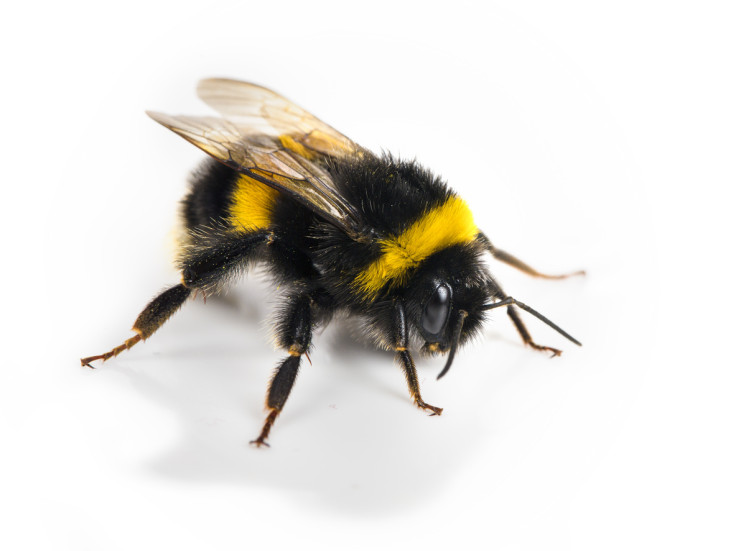Neonicotinoids are killing off bees by making their queens infertile
Queen bees struggle to reproduce after exposure to the insecticide thiamethoxam.
Bumblebee queens exposed to the neonicotinoid insecticide thiamethoxam are reported to be 26% less likely to establish new colonies or lay eggs.
Globally, the bee population is crashing. It's thought to be caused by a number of factors, from the widespread use of neonicotinoids, to habitat loss, to the spread of disease. This is bad news for agriculture and food production as well as biodiversity, as bees are an important crop pollinator.
In spring, queen bees emerge from hibernation to fly off to continue the bees' life cycle in a new colony. An agricultural dose of thiamethoxam reduces their ability to do this, and boosts the risk of population collapse by about 28%, finds a study in the journal Nature Ecology & Evolution.
"A reduction this big in the ability of queens to start new colonies significantly increases the chances that wild populations could go extinct," said Nigel Raine of the University of Guelph, Canada.
The researchers fed 300 queen bees either uncontaminated syrup or syrup with a small but realistic dose of the neonicotinoid insecticide added just after they emerged from hibernation.
"Given the vital role spring queens have in maintaining bumblebee populations, we decided to focus on assessing the impacts at this stage in the life cycle," said Raine, a professor in the School of Environmental Sciences.
This is a particularly vulnerable time for the queen bees. They don't have the protection of the rest of the hive, and their survival depends on being able to establish a new colony quickly. Poor environmental conditions, such as bad weather, puts additional stress on the bees and makes them increasingly vulnerable to population collapse.
"We observed the queens to see whether low level insecticide exposure might lead to changes in these important nesting behaviours," said Raine. "When a queen is going to set up a colony, she will secrete wax and form it into containers for nectar and pollen. She will then begin to lay her eggs and sit on them like a bird."
Exactly how thiamethoxam interferes with the queens' reproductive behaviours is not yet clear, the researchers add.
"We urgently need to know more about how insecticides could be affecting other species to make informed decisions about the risks associated with using these chemicals," said Raine. "This study shows that neonicotinoids could be having a devastating effect on wild bumblebee populations."

© Copyright IBTimes 2025. All rights reserved.






















